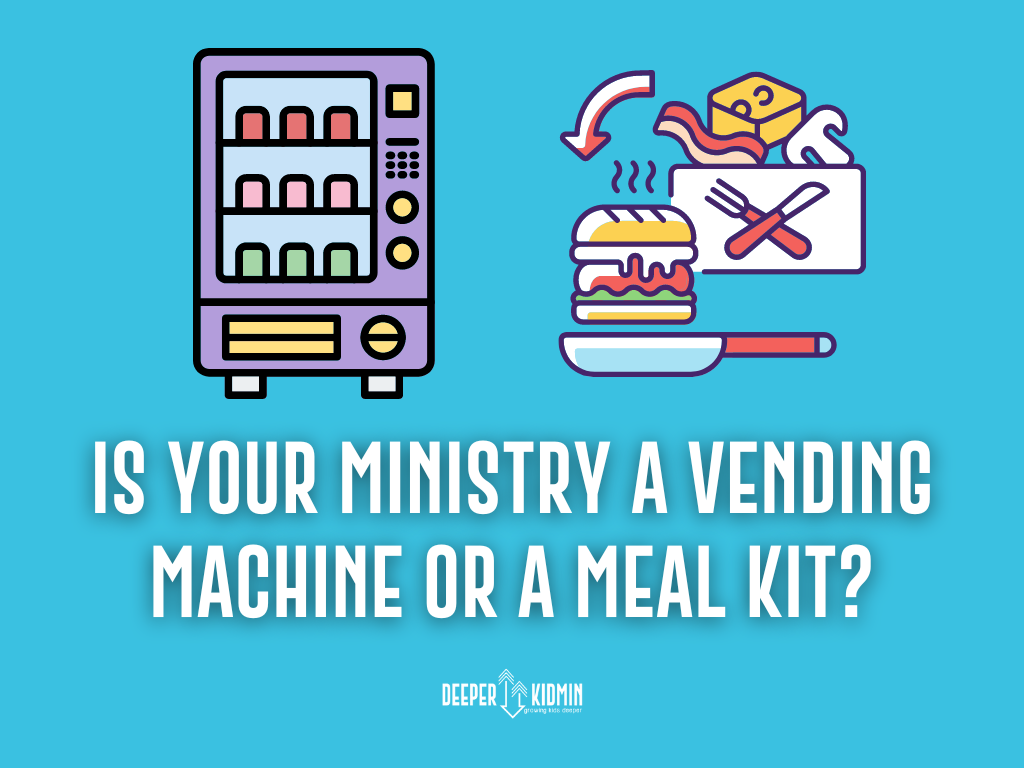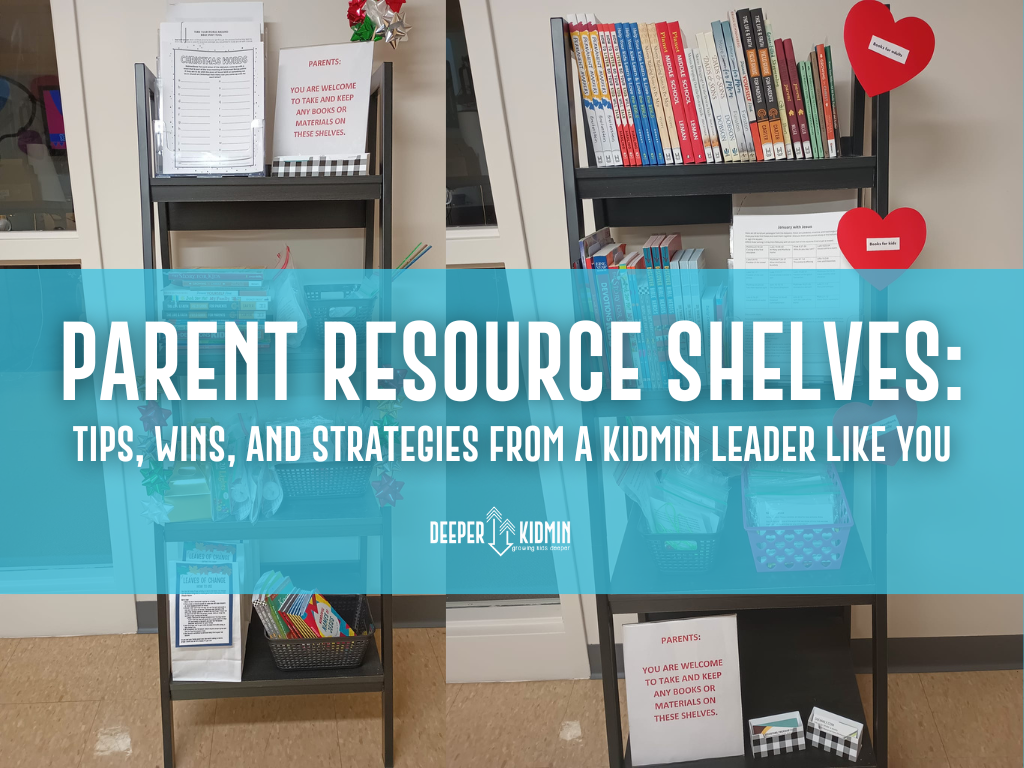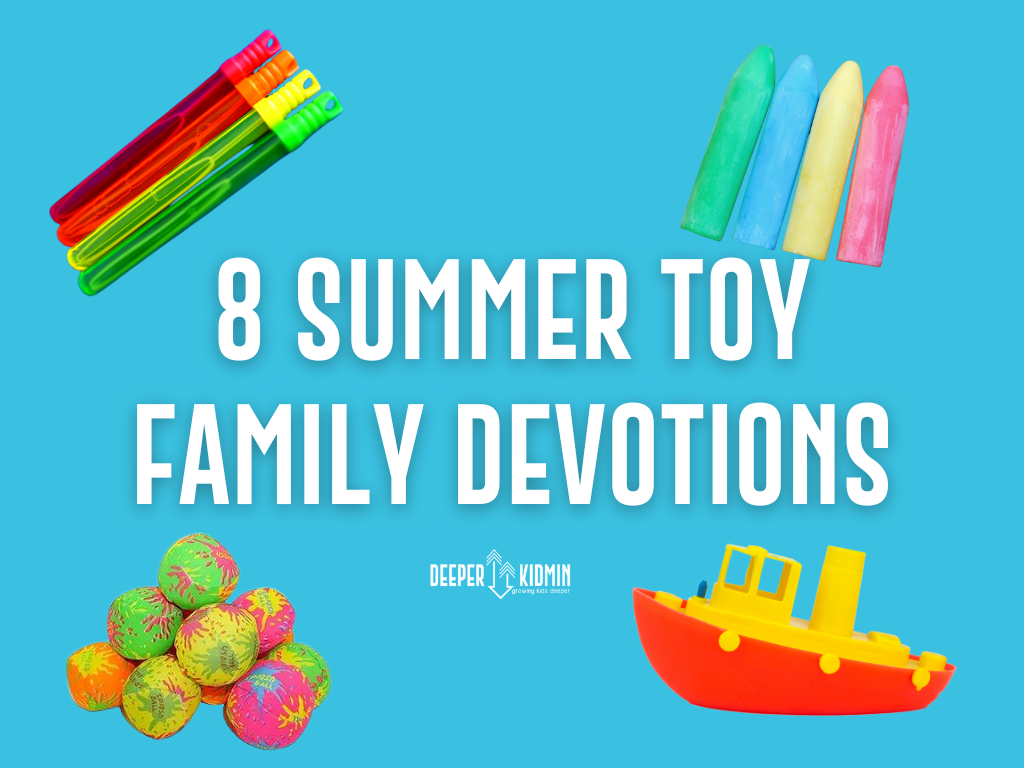
If you’ve been serving in children’s ministry for longer than a week, you’ve realized that children’s ministry is not just about the children. It’s about the parents and grown-ups in a child’s life too. That’s why we’ll be focusing on partnering with parents for the next 4 weeks and diving deep into how to effectively minister to this generation of parents.
To kick off our month-long discussion, we have to identify WHO today’s parents are, and surprise: they’re Millennials!
Millennials may spark a variety of stereotypes in your mind: entitled young adults who eat avocado toast for breakfast and still live with their parents. But in reality, we Millennials are all grown up. The Millennial generation includes anyone born between 1981-1996, which means that in 2024, Millennials now range in age from 28 to 43 years old. (We’re getting old, y’all). And while Millennials are having children later in life than previous generations, close to half of Millennials are now parents, and 62% of Millennials’ children are under the age of nine.
As the torchbearers of the digital age, the creators of the word “adulting”, and the generation often faulted for intense self-focus, Millennials bring a fresh perspective to parenting, and understanding their unique characteristics can help ministry leaders more effectively partner with these parents in the discipleship of their children.
Quick disclaimers: The trends discussed here won’t be true of ALL Millennials. Generational categories are not scientifically defined, and it’s wise to think of terms like Gen Z, Millennial, Gen X, and Baby Boomer as general reference points instead of scientific facts. Ultimately, studying generational differences is about understanding, not criticism. Placing blame or casting judgment is rarely productive, especially in a ministry context. We can choose to judge the Millennial generation of parents or we can choose to partner with them.
4 Key Characteristics of Millennial Parents:
- Digital Natives – Millennials are the first generation of digital natives – born into a world where the internet has always existed – and have been surrounded by technology from a young age. This has shaped their behaviors, preferences, and expectations in profound ways. (Check out chapter 5 in my book Time to Update for specific ways to partner with this digital generation of parents). They are adept at navigating the digital landscape, relying heavily on smartphones, social media, and the internet for information and communication. 42% of Millennials haven’t gone more than 5 hours without looking at social media, and younger Millennials check their phones around 150 times a day, significantly higher than the average of 58 (Source).
- Value Authenticity and Community – Millennials value authenticity and seek genuine connections in all aspects of their lives, including their faith journey and parenthood. They appreciate transparency, honesty, and real-life experiences over polished presentations. Moreover, they thrive in communities where they can share their beliefs, doubts, and struggles openly. Three out of four Millennials lack consistent trust in the words and decisions of Christian pastors. Instead, the most influential voices are their parents, friends, and the online world (Source).
- Prioritize Experiences Over Possessions – Millennials prioritize experiences over material possessions. They seek meaning and fulfillment through experiences that enrich their lives and create lasting memories. This mindset extends to their approach to parenting, where they prioritize quality time and shared experiences with their children. 82% of Millennial parents work, and today’s parents are busier than ever before, but they are spending more time with their children, and they place high value on togetherness and family time (Source).
- Indifferent to Religion – 96% of Millennials (in general, not just parents) lack a biblical worldview. Instead they have a worldview known as syncretism, a blending of multiple worldviews in which no single life philosophy is dominant, producing a worldview that is diverse and often self-contradictory (Source). Only 50% of Millennials think religion is important in raising children (Source).
So what do these characteristics mean for children’s ministry leaders? In light of these defining characteristics of the Millennial generation, there are some important things children’s ministry leaders must do to effectively partner with today’s Millennial parents.
- Embrace technology. – Leverage digital platforms such as social media, email newsletters, and mobile apps to engage Millennial parents where they are most active. There’s an entire chapter in my book Time to Update, devoted to helping make this easy and practical for you. Learn more about the book and order your copy here.
- Create authentic connections. – Foster a welcoming and inclusive environment where Millennial parents feel valued, accepted, and understood. Encourage open dialogue and provide opportunities for genuine connections to form.
- Focus on Experiences. – Design interactive and experiential activities that appeal to both children and parents. Create opportunities for hands-on learning, exploration, and discovery. Help families make memories together.
- Keep things simple. – Curate resources and materials that resonate with Millennial parents, addressing their unique challenges, questions, and interests but that are also simple enough to fit into their busy lives. Offer practical guidance on parenting, faith formation, and navigating today’s world. Recognize that Millennial parents have busy schedules and may appreciate flexible options for participating in children’s ministry activities and at-home discipleship.
- Cast the vision. – Millennials want to feel like they’re part of something bigger than themselves and desire to have a great impact on the world. Help them see the eternal impact they can make on their own families and the world when they invest in the faith of their children. Rather than just telling parents WHAT they should be doing, focus on the WHY.
By embracing these strategies and adapting your approach to align with Millennial values and preferences, you can effectively reach Millennial parents and foster a vibrant and thriving faith community.
This April, we’ll unpack some strategies and resources to help you more effectively partner with the parents in your ministry. Here’s a sneak peek at what’s ahead (and we’ll add links to each post/freebie as the month goes on!):











2 Comments
[…] been talking all month long about today’s parents, how they’re different from parents of the past, and what that means for our strategy in […]
[…] those resource walls aren’t being used to their full potential. (Sneak peek: Next week in our Partnering with Parents series, we’ll hear from one kidmin leader who is using her parent resources shelves effectively with […]